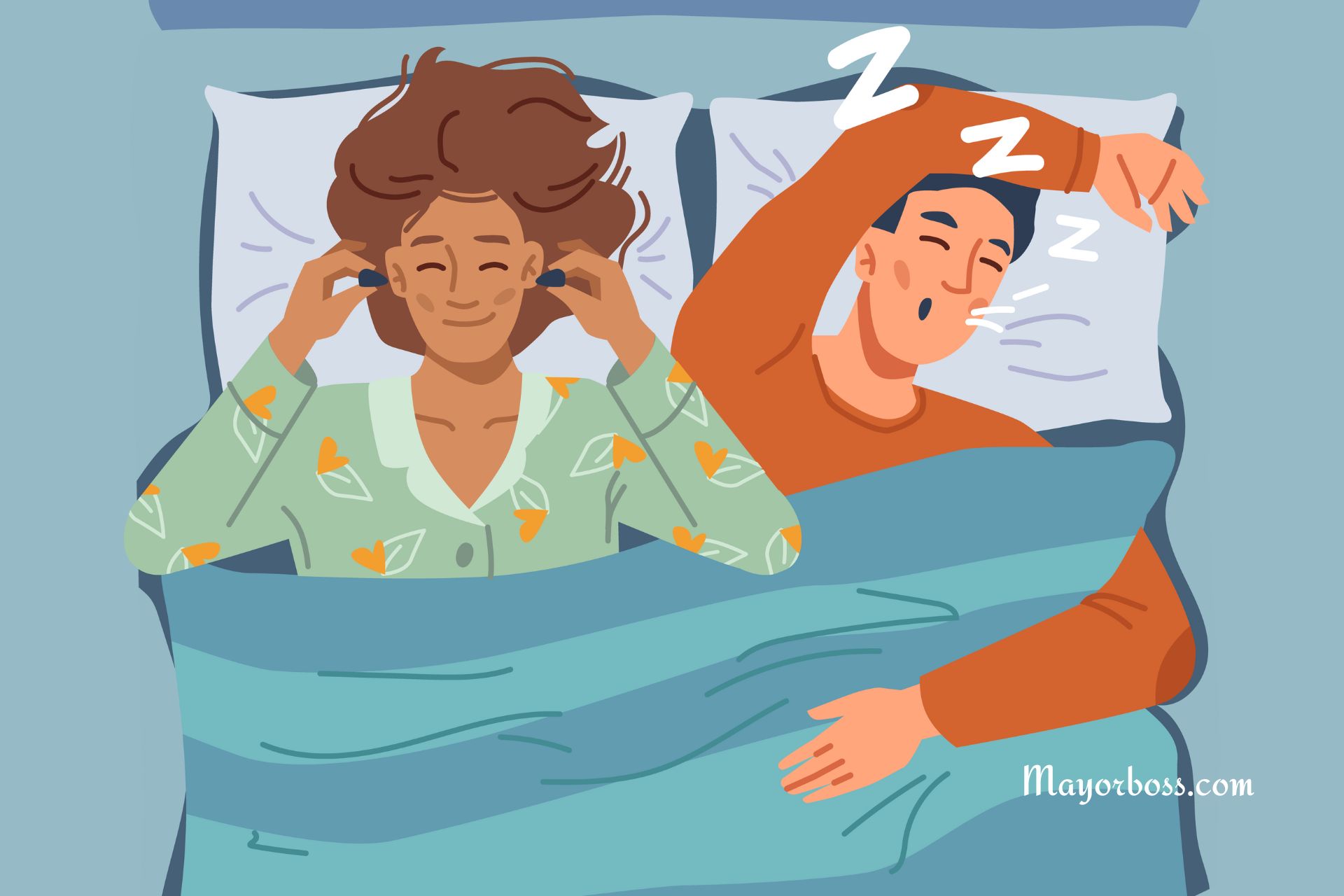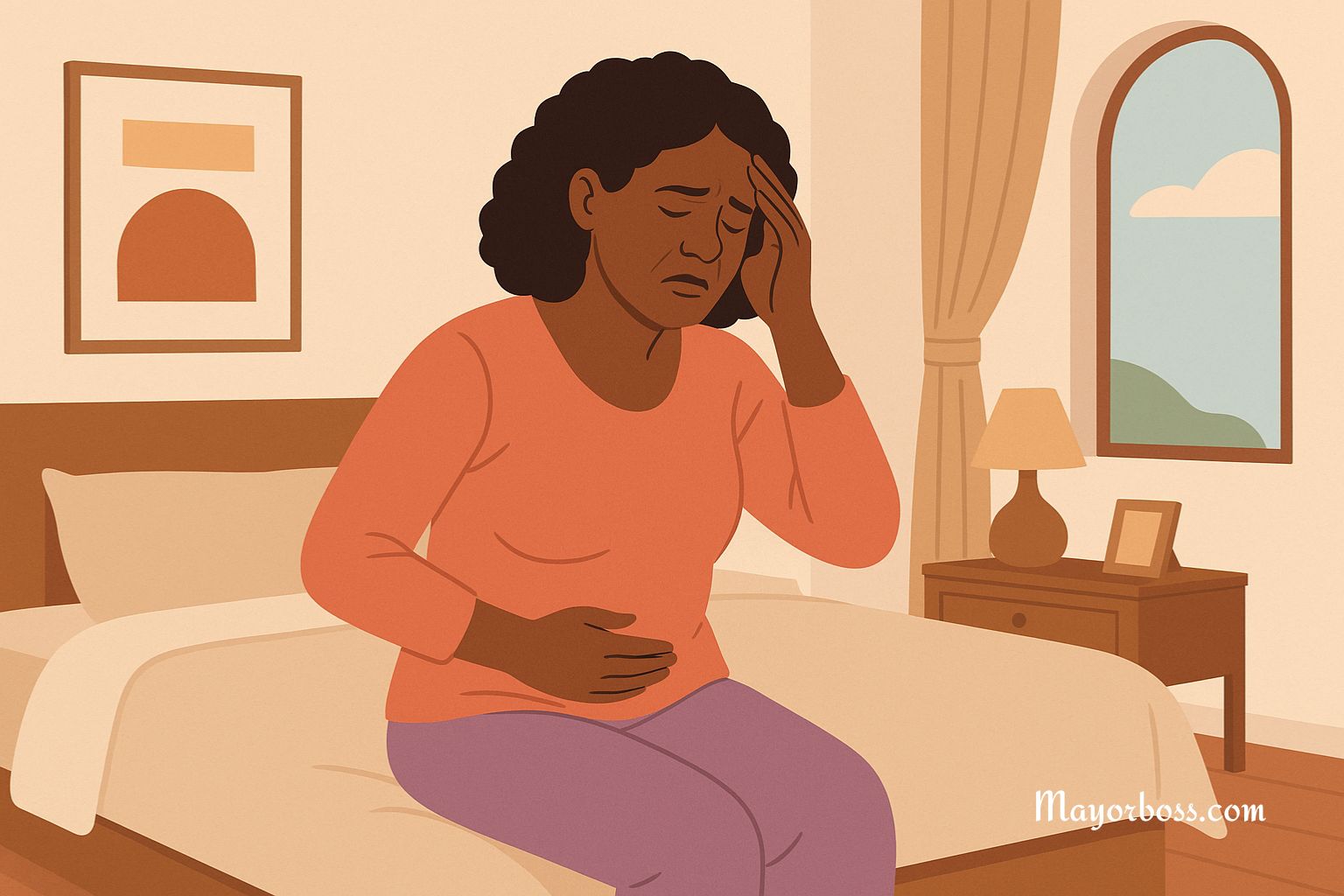Snoring immediately after falling asleep? Here’s Why!
Snoring: It’s a common sleep phenomenon, one that disrupts not only the snorer’s sleep but often that of their partner, roommates, or even neighbors. If you find yourself snoring the moment your head hits the pillow, you’re definitely not alone. But just why does this happen? Let’s take a look at the science behind early-onset snoring.

What is Snoring?
At its core, snoring is simply the sound produced when air struggles to flow freely through your airways while you sleep. As you breathe, air needs to pass through your nose and mouth and down into your lungs. If there’s any narrowing or partial blockage along this path, the tissues surrounding the airway can vibrate as air is forced through, causing snoring noises.
Why Do Some People Snore Immediately After Falling Asleep?
Several factors can lead to snoring hitting you almost as soon as you fall asleep:
- Muscle Relaxation: When you fall asleep, the muscles across your body naturally relax, including those in your throat and airway. This slackening can narrow your breathing passage, increasing the likelihood of those noisy vibrations.
- Sleep Position: Lying on your back is notorious for contributing to snoring. In this position, gravity pulls down on the soft tissues of the throat, leading to further constriction of the airway.
- Anatomy: The natural shape of your nose, mouth, and throat can increase your propensity for snoring. A deviated septum (a misalignment in the wall dividing your nostrils), enlarged tonsils, or a long soft palate (the fleshy part at the back of the roof of your mouth) can all constrict your airway.
- Congestion: Seasonal allergies, colds, or other sources of nasal inflammation can make snoring worse. These conditions limit airflow and increase resistance within the nasal passages, making it more difficult to breathe smoothly while asleep.
- Alcohol and Sedatives: These substances cause muscles to relax even more than usual during sleep. This excessive relaxation can exacerbate snoring tendencies.
Serious Considerations: Obstructive Sleep Apnea (OSA)
While snoring can be an isolated and relatively harmless annoyance, in some cases, snoring immediately after falling asleep is a strong indicator of obstructive sleep apnea (OSA). OSA is a serious medical condition characterized by repeated pauses in breathing throughout the night due to the complete or partial collapse of the airway.
In OSA, the muscles relax during sleep so fully that the airway collapses, interrupting breathing. These pauses can last anywhere from a few seconds to over a minute and occur multiple times per hour. As a result, even a full night’s sleep doesn’t feel restorative, leading to excessive daytime sleepiness, impaired concentration, and an increased risk of health problems like heart disease and stroke.
Signs That Your Snoring Could Be More Than Just a Nuisance
Snoring alone isn’t always a cause for alarm. However, if you or your partner notice the following signs alongside immediate snoring, a sleep study for assessment of OSA may be crucial:
- Loud, disruptive snoring throughout the night
- Gasping or choking sounds during sleep
- Observed pauses in breathing
- Excessive daytime sleepiness
- Morning headaches
- Difficulty concentrating
- High blood pressure
What Can You Do About Early-Onset Snoring?
Depending on the reason behind your quick-onset snoring, consider some of these helpful solutions:
- Change Your Sleep Position: Try side sleeping. Some devices like special pillows or even simply sewing a tennis ball to the back of your pajamas can train you to avoid sleeping on your back.
- Manage Nasal Congestion: If allergies or congestion are to blame, use nasal strips, saline rinses, antihistamines, or decongestants as needed.
- Lifestyle Changes: Weight loss (if necessary), smoking cessation, and limiting alcohol intake (especially before bed) can make a significant difference.
- Oral Appliances: A dentist can fit you with devices that adjust the position of your jaw and tongue to keep the airway open.
- CPAP Therapy: For those with OSA, a Continuous Positive Airway Pressure (CPAP) machine is the gold-standard treatment, providing gentle air pressure to keep the airway open all night.
FAQS
1. Should I be worried if I only snore immediately after falling asleep?
Not necessarily. Occasional snoring for a few minutes at the beginning of sleep is quite common, especially if you’ve had a tiring day. However, if the snoring is consistently loud and persists throughout the night, and particularly if it’s accompanied by any of the signs of OSA mentioned earlier, it’s definitely worth getting evaluated by a doctor or sleep specialist.
2. Can snoring go away on its own?
Sometimes. If your immediate-onset snoring is caused by temporary factors like congestion or mild lifestyle issues, addressing those problems can often resolve the snoring. However, if the cause is structural (like anatomical anomalies) or a sleep disorder like OSA, medical intervention is likely required.
3. Should I wake up my partner if they snore really loudly?
While being kept awake by someone’s snoring is incredibly frustrating, waking your partner in the middle of the night usually isn’t productive. If your partner consistently snores loudly or there are signs of OSA, encourage them to talk to a doctor. In the meantime, earplugs or even sleeping in separate rooms might be necessary for everyone’s sanity.
The Importance of Seeing a Doctor
While there are at-home remedies and lifestyle modifications that can help, snoring shouldn’t be ignored – especially if it starts at the moment you fall asleep. In addition to the sleep disruption for both yourself and your loved ones, there might be hidden health implications at play.
Seeing a doctor or sleep specialist will help pinpoint the underlying cause of the issue and develop an appropriate treatment plan, ensuring you get the restful, healthy sleep you deserve.






